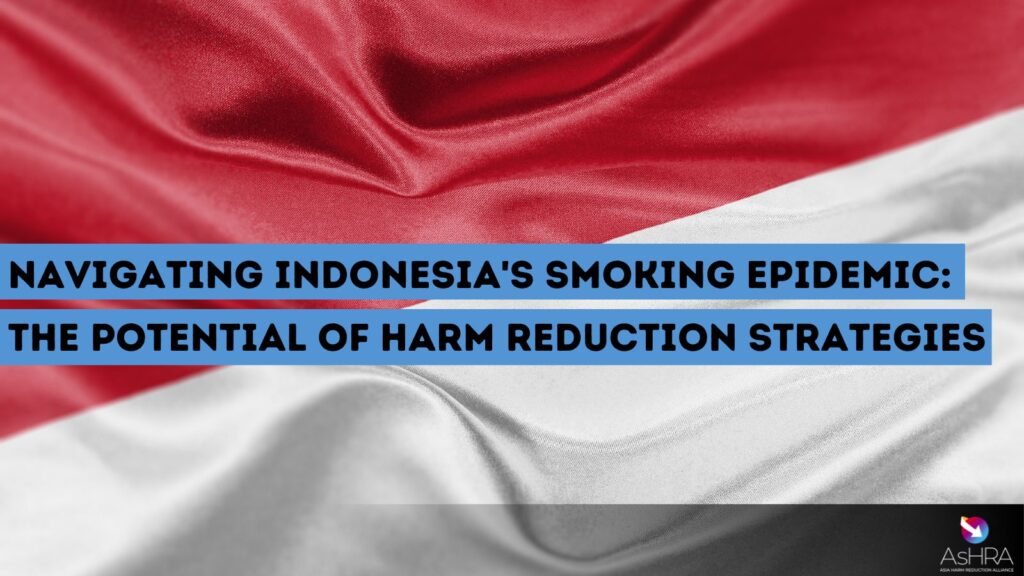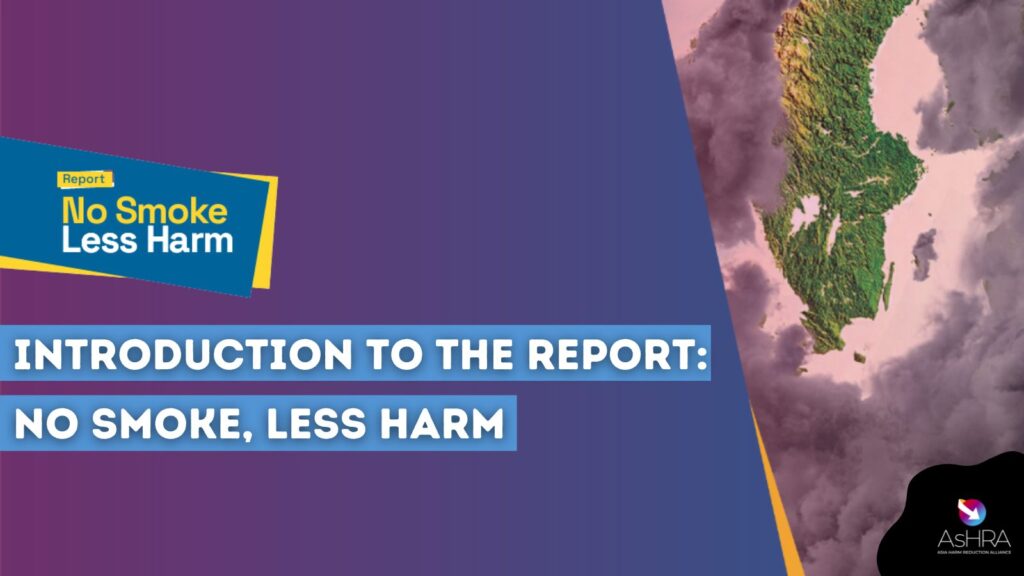In November 2023, New Zealand’s new Prime Minister, Christopher Luxon, announced his government’s intentions to remove the nation’s smoking ban. Activated just a year prior under former Prime Minister Jacinda Ardern, the world’s first generational smoking ban was supposed to prevent anyone born after 2008 from legally purchasing cigarettes. This minimum age would see a steady rise as the legislation was to help New Zealand move towards becoming a smoke-free nation. The legislation also included other restrictions, such as limiting the legal amount of nicotine in tobacco products and the amount of shops that could sell cigarettes. All these provisions are now to be reversed.
Although, at first glance, this reversal may seem detrimental to public health, harm reduction and a smoke-free nation, there is more to the story.
Professor Marewa Glover, an independent researcher and the Director of the Centre of Research Excellence, with a focus on Indigenous Sovereignty and Smoking (COREISS), helps us break down the details and decisions behind such a quick turnaround.

Although smoking rates had already seen a decline since the implementation of the generational ban in 2022, Professor Glover highlights that there was a sharp increase in the demand for illegal tobacco due to the ban – with various cases of retailer robberies, violent attacks and even a recorded death.
These responses posed a clear public health issue and were directly connected to the anti-smoking legislation. Therefore, the new government was faced with a call to take action against such reactions.
Moreover, in the face of a total and ever-increasing age ban, there existed a risk of illegal tobacco sales at much lower prices. Alongside the potential danger of such transactions, Professor Glover shares how they also undermine the deterring element of New Zealand’s high taxation on legal cigarettes and may even lead to more youth adopting a now affordable smoking habit.
Finally, rather than the smoking ban’s cold-turkey approach, Prime Minister Luxon’s government – perhaps in line with their promised evidence-based policy approach – also proposes the legalisation of oral nicotine products that had previously been banned. As a first step towards promoting harm reduction and more effective ways to quit smoking, this legalisation and other similarly proposed actions can continue creating the change that the smoking ban initiated, without the side-effect of other public health concerns. Professor Glover even shares how this could result in a faster decline in smoking rates nationwide.
You can click here to watch our full interview with Professor Marewa Glover.
Related Posts
More about
Alcohol Harm Reduction
More about







